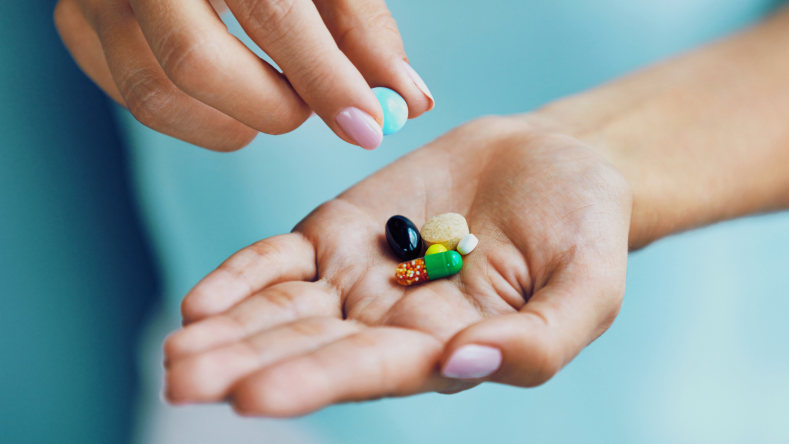Issue 20: Supplements for sports performance
Wondering whether or not you should be using supplements to increase your sports performance? To help you decide, we’ve compiled five articles that cover everything ranging from ashwagandha for sports performance to the best supplements to help you combat an injury.

Studies show that more than half of the active population uses supplements to improve sports performance. From caffeine to electrolytes, sports supplements vary in form and function and include pills, powders, drinks, and gels. While some are supported by science, others offer no clear benefit and can even be dangerous to your health. In this edition, we're covering some of the most commonly asked questions about supplements for athletic performance. Is creatine good for endurance athletes? Can turmeric improve muscle soreness? We have got this for you and more in today's newsletter.
Here’s to being at the top of your game, Elos!!

The best supplements for runners 40+ according to science.
While age is just a number, your nutrition needs and recovery plans change as the years go by. Here are the best science-backed supplements for runners over 40 to help you stay on top of your game.
Legal sports supplements with dangerous consequences.
Legal doesn't always mean safe. Sports supplements such as caffeine and sodium bicarbonate can be dangerous when given for too long or at the wrong dosage.
Does ashwagandha improve sports performance?
Early evidence indicates ashwagandha might be beneficial for power output, maximal oxygen consumption, and fatigue. Plus, it might improve stress levels.

Got an injury? These supplements may promote recovery.
No one enjoys being sidelines. While supplements such as omega-3 fats, and turmeric don't replace physical therapy or adequate rest, they can support your return to fitness.
5. Science-backed ergogenic aids for cyclists.
Whether you're a weekend warrior or a competitive cyclist, supplements such as creatine and caffeine might help you feel better on the bike. However, you can have too much of a good thing.
Disclaimer: The text, images, videos, and other media on this page are provided for informational purposes only and are not intended to treat, diagnose or replace personalized medical care.






